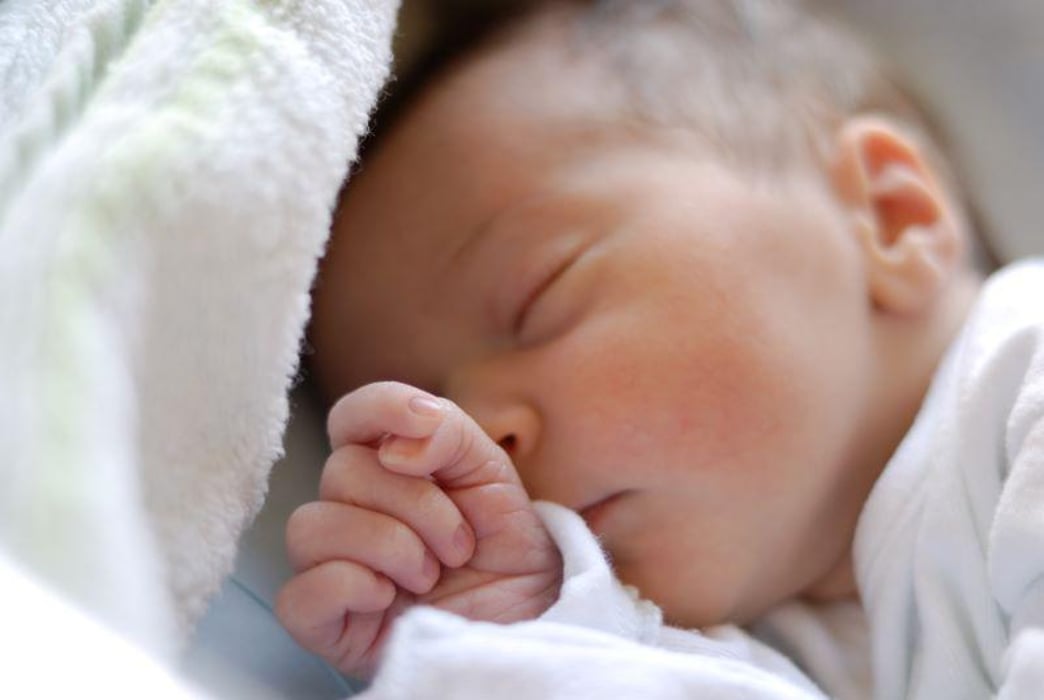Breast Milk of Vaccinated Moms Provides COVID-19 Protection to Infants

TUESDAY, Jan. 31, 2023 (HealthDay News) -- Breast milk of people vaccinated against COVID-19 provides protection to infants, according to a study published online Jan. 12 in the Journal of Perinatology.
Lauren Stewart Stafford, from University of Florida in Gainesville, and colleagues assessed the presence, durability, and neutralization capacity of severe acute respiratory syndrome coronavirus 2 (SARS-CoV-2)-specific antibodies in breastfeeding infants' stool and mother's plasma and milk following maternal vaccination. The analysis included 37 mothers and 25 infants, with all mothers vaccinated during lactation except three, who were vaccinated during pregnancy.
The researchers found that SARS-CoV-2-specific immunoglobulin (Ig)A and IgG levels were higher in infant stool after maternal vaccination among milk-fed infants compared with controls. Over six months following vaccination, maternal SARS-CoV-2-specific IgA and IgG concentrations decreased but remained higher than prevaccination levels. After COVID-19 vaccination, there was improved neutralization capacity in milk and plasma.
"Our study is among the first to demonstrate the presence of SARS-CoV-2 antibodies in breastfeeding infants' stools with improvement in infant’s stool SARS-CoV-2 specific neutralization capabilities following maternal SARS-CoV-2 vaccination," the authors write. "Despite not being statistically significant, in part due to a small sample size, our results further support the maternal/infant passive transfer of SARS-CoV-2 antibodies through human milk."
Related Posts
ADA: Elevated BMI in Adolescence Linked to T1D in Young Adulthood
MONDAY, June 6, 2022 (HealthDay News) -- Elevated body mass index (BMI) in...
AHA News: 5 Things to Know About AEDs After a Defibrillator Helped Save Damar Hamlin
TUESDAY, Jan. 17, 2023 (American Heart Association News) -- We've all walked...
Medicines and Sex: Drugs That May Cause Sexual Side Effects
When a doctor tells you that you need a certain medication, you should take...
Más de mil millones de jóvenes podrían perder el oído debido a los auriculares y los conciertos estridentes
MIÉRCOLES, 16 de noviembre de 2022 (HealthDay News) -- Más de mil millones de...
